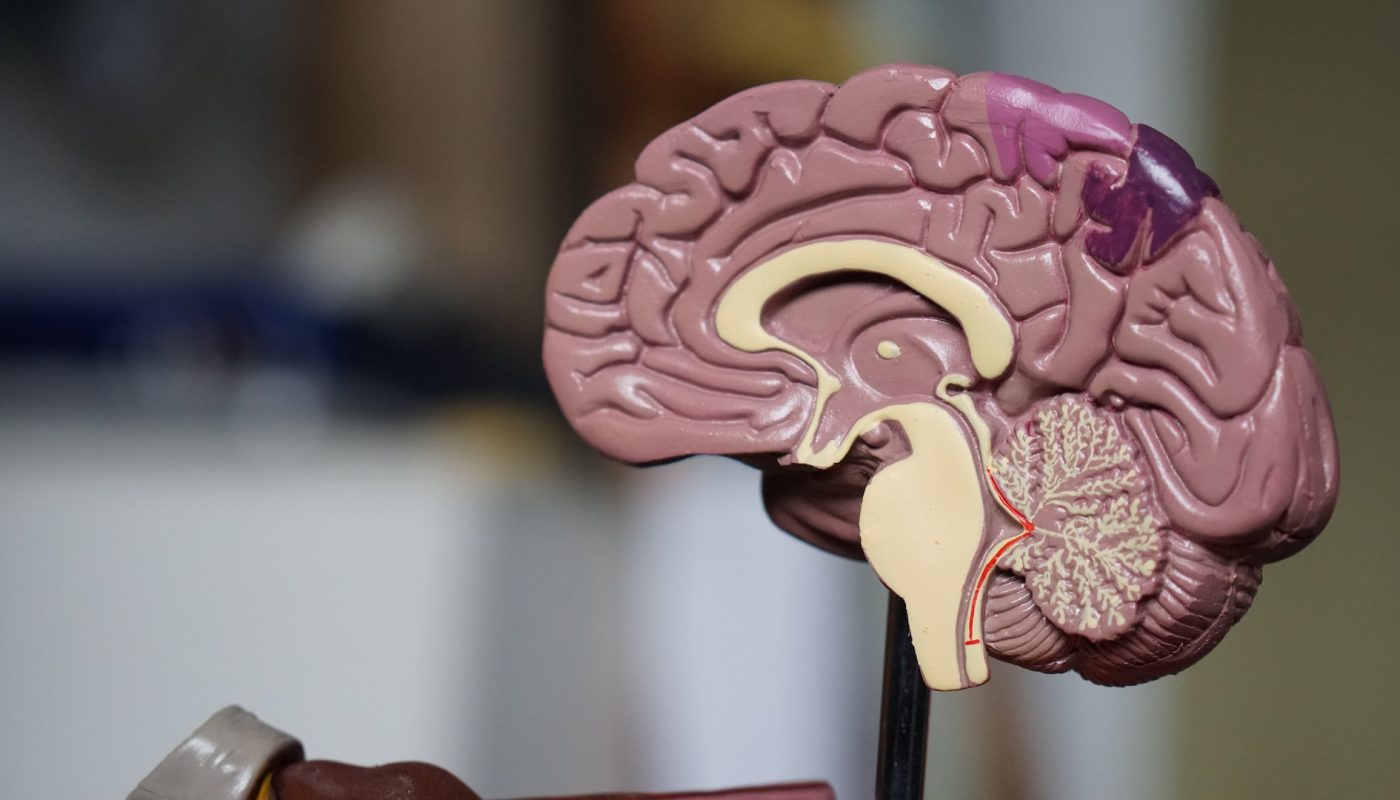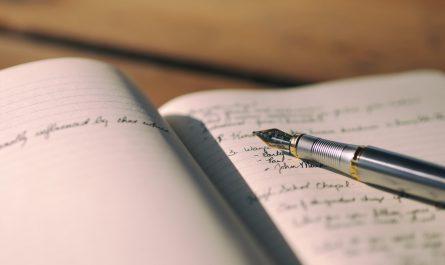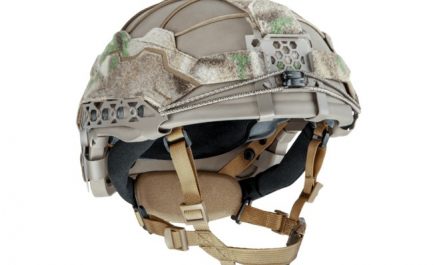Regular solving of puzzles and crosswords can protect a person from senile dementia and significantly improve the condition of the brain.
Scientists have found that regularly solving crosswords and puzzles can protect a person from senile dementia and significantly improve the condition of the brain.
The British specialists from Johns Hopkins University have conducted a large scale research during ten years, the results of which have confirmed that “brain training” has an extremely positive effect on people’s well-being.
2,800 volunteers aged 74 and older took part in the experiment. All participants were divided into 4 groups, each of which was assigned different tasks. Volunteers from the first group trained their speed of information processing and ability to focus on a specific task, the second group focused on memory training, the third group developed logical thinking, and the fourth group was the control.
All people in the first three groups were instructed by scientists to solve a variety of crossword puzzles, riddles, puzzles and rebuses. For 6 weeks, the volunteers attended 10 sessions that lasted 60-70 minutes and then went home and completed the tasks. Researchers closely monitored the participants of the experiment for the next 10 years.
As it turned out, 60% of people who were keen on puzzles and riddles, much easier to cope with all the daily work and did not complain about the deterioration of thinking functions. That is why British scientists strongly recommend doing more crosswords more often – such active work of the brain can protect people from the development of senile dementia. And if you cannot find the answer to the crossword puzzle, you can find it at: https://nytminicrossword.com/ But we still recommend that you do it only in exceptional cases.




